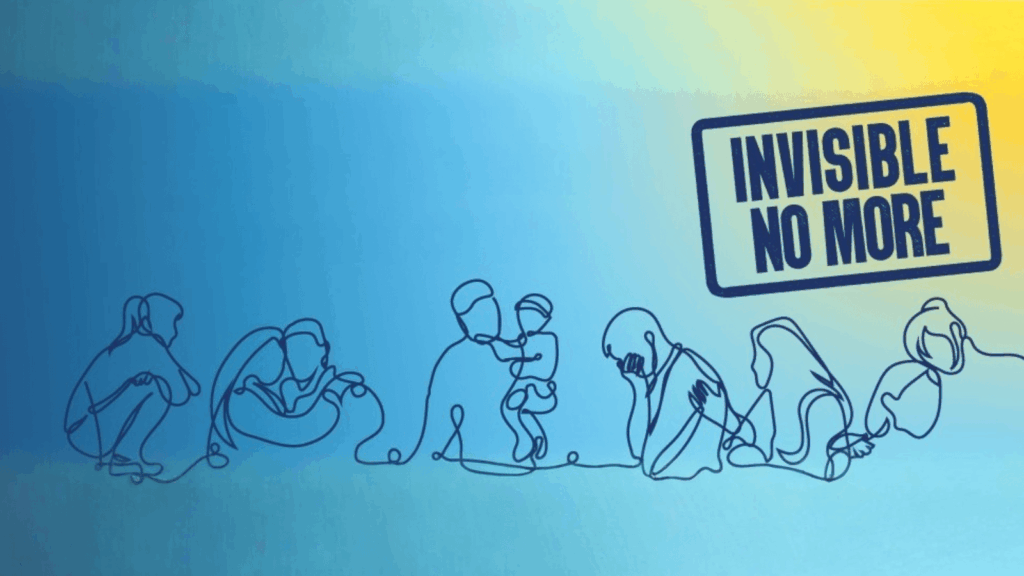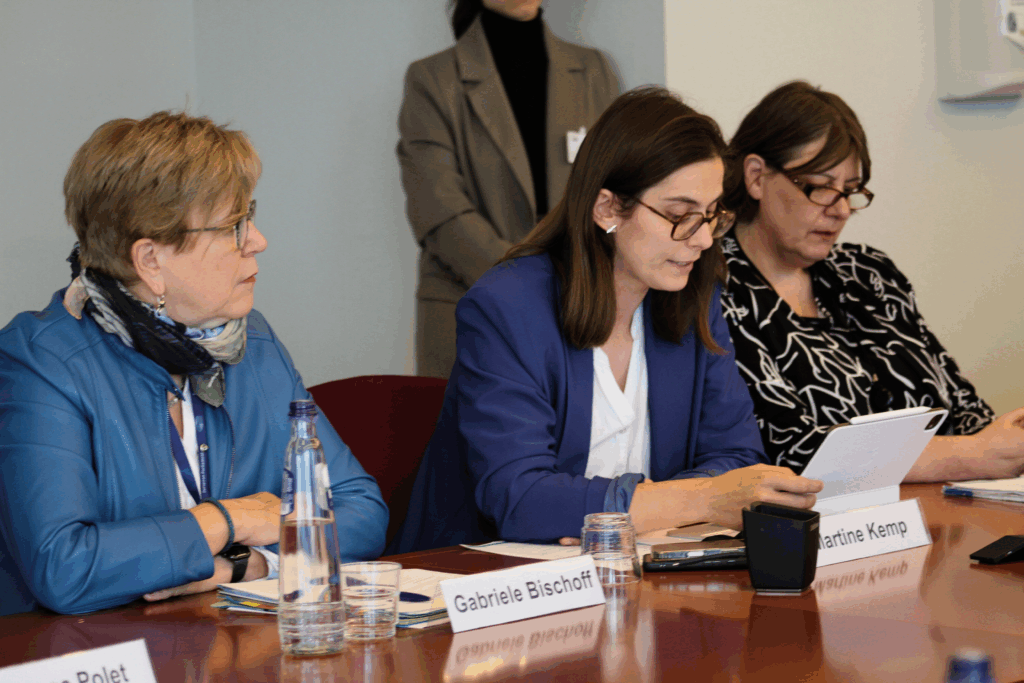Across Europe not-for-profit social service providers remain the first line of support for vulnerable families
As we mark the International Day of Families, we recognise the vital role that families play in our societies. Families are usually the primary environment for a child’s development and wellbeing, they often are a source of care, resilience and support for their loved ones across their life span and are the foundation for many communities across Europe.
Yet, many families across Europe face challenges and problems. Poverty and social exclusion leave parents struggling to meet their children’s basic needs. The lack of decent and affordable housing leads to housing cost overburden or overcrowded housing. Additionally, rising mental health problems, particularly among young people and children, are a heavy challenge for many families.
In response to these challenges, not-for-profit social service providers are often the first line of support, working tirelessly to assist families in crisis and vulnerable situations. From early childhood education and care, family counselling services to support for informal carers, social service and healthcare providers are a lifeline for many. They help families stay together, support parents in nurturing children’s wellbeing, and help people to care for their loved ones.
France
One such example is a project from our French member, the Fédération d’Eentraide Protestante, in Nîmes at the Coste’s Maison d’Enfants à Caractère Social. This project supports families by recognizsing their central role and valuing the resources they still possess—even in the most challenging crisis situations. By focusing on what works within the family, rather than solely on what is broken, it becomes possible to rebuild a relationship of trust and therefore support to the family and children. Inspired by the “clinic of consultation,” an approach developed in refugee camps in the former Yugoslavia in the 1990s, this method empowers families to become active agents in the care process. Instead of being seen merely as recipients of services – or worse, as disruptive elements – families are positioned as conveners of a network of support around their children.
Austria
Another example comes from our member Diakonie Austria, which has set up the project Superhands to support young carers – children and young people caring for family members in need. Superhands is a service for children (young carers) that provides information on emergency and nursing services.
It offers practical information about emergency and nursing services and serves as a knowledge-sharing platform with case studies, practical information, and first aid tips tailored to young carers. It also provides access to legal advice and professional counselling, both online and by phone, completely free of charge. The project includes weekend trips and peer support opportunities to break isolation and aims to raise awareness and reduce stigma experienced by young carers, particularly at school or in social settings. It also engages with caregivers and key professionals, such as teachers, doctors, and social workers, who can play a crucial role in supporting these young people.
Call to Europe
These projects demonstrate the crucial role of social services in supporting children and families. But these crucial services are under strain themselves: chronic underfunding, rising demands, and limited resources threaten the capacity of social service providers to meet the needs of families.
Today, we call on all policymakers to act decisively. Families cannot continue to shoulder the burden of systemic challenges alone. They must be supported with concrete measures and investments. The first-ever European Anti-Poverty Strategy and the revised Action Plan of the European Pillar of Social Rights must deliver targeted support for families, tackle poverty and social exclusion, and ensure equal opportunities.
Equally important, not-for-profit social service providers must have access to stable, adequate, and long-term funding so they can continue to assist families in need.



